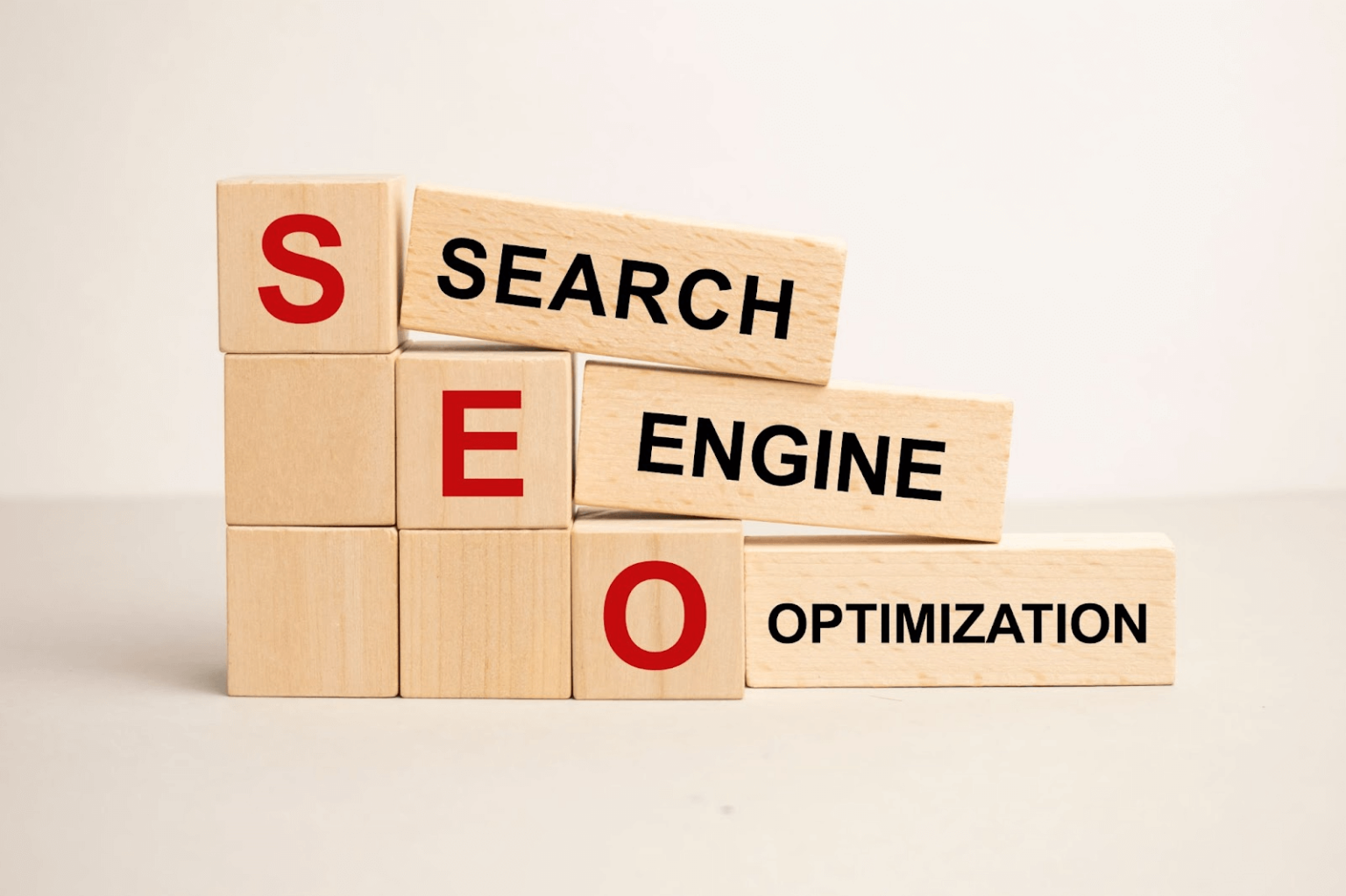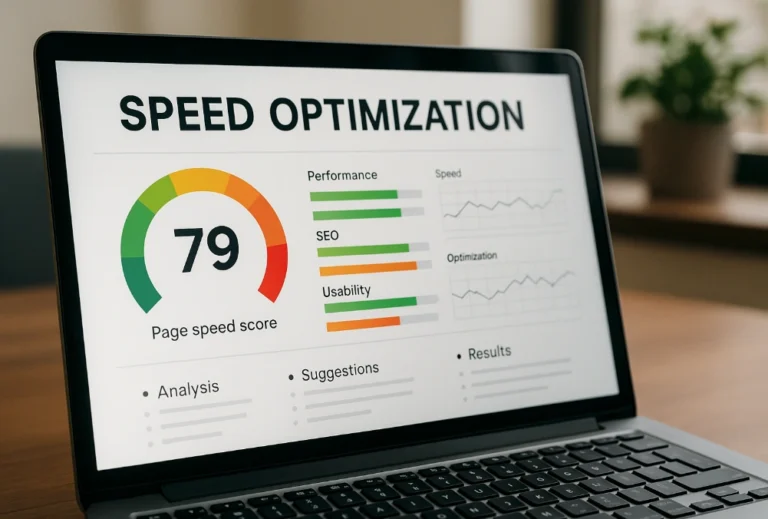Embarking on an SEO journey often leads to a crucial and common question that puzzles most business owners and marketers: How long does SEO take to work? This is more than just a question of time—it’s a matter of strategic planning, resource allocation, and understanding the ever-changing landscape of search engine algorithms.
This article unpacks the timelines involved, the patience required, and the strategic moves that can expedite your website’s climb up the search engine ranks.
How Long Does SEO Take?
The answer to “how long does SEO take to work?” is not set in stone. A range of 6 to 12 months is generally accepted as a realistic timeframe to see the impact of SEO efforts. This period allows search engines to crawl, index, and rank your newly optimized content, acknowledging the enhancements made to your online presence.

Why Does SEO Take So Long?
SEO is a marathon, not a sprint. The reason why SEO takes so long hinges on the search engines’ commitment to providing the best user experience. They take time to evaluate the relevance and quality of your content, the usability of your site, and the authority your domain holds in the digital realm.
Search engines, like Google, use sophisticated algorithms to index and rank pages. When changes are made to your website, it takes time for these algorithms to reassess your site against hundreds of ranking factors. This process includes:
- Crawling and Indexing: Search engines must first find your updated content (crawling) and then add it to their index (indexing). The frequency and speed of crawling can vary based on factors like website structure and the presence of a sitemap.
- Quality Assessment: The quality of your content is then meticulously assessed. Search engines look for relevance, depth, and value, which is gauged over time as users interact with your site.
- User Engagement Metrics: Metrics such as session duration, bounce rates, and click-through rates help search engines determine if your content is engaging and worthy of a higher rank.
- Competitive Landscape: Your site is also evaluated in the context of your competitors. In highly competitive niches, achieving a top ranking may take longer as you strive to outperform well-established websites.
What Factors Influence How Long SEO Takes?
The timeline for seeing results from SEO efforts is not a fixed measure and can vary greatly depending on a multitude of factors. It’s important to recognize that SEO is not an isolated task but a set of ongoing efforts influenced by the dynamic and intricate nature of search engines and the internet.
Let’s break down the key factors that can influence the duration of your SEO results:
Website History
A website’s past can significantly influence its future in terms of SEO. Domains with an established history that have consistently followed SEO best practices are likely to gain and maintain their rankings more quickly than newer websites. Search engines trust sites that have a proven track record of providing quality content.
Additionally, a website with a penalty-free history and a solid profile of quality backlinks is often deemed more credible and authoritative, leading to quicker ranking improvements.
Competition
The level of competition within your specific niche can have a substantial impact on the time it takes to see results. High competition means that many other businesses are also striving for the top positions with their SEO strategies. In such markets, distinguishing your website requires not only more time but also more strategic and innovative SEO efforts to outshine the competition.
This can mean targeting niche markets or specific geographic regions, creating highly engaging and unique content, and developing a strong local SEO presence.
Resources Allocated
The amount of resources allocated to SEO can drastically influence the speed of results. This encompasses the budget you have at your disposal for SEO tools and paid promotions, as well as the human resources—whether it’s an in-house team or an outsourced agency.
Skilled professionals bring expertise and insights that can streamline the SEO process, from keyword research to content creation and technical optimizations. The ability to invest in quality SEO tools can also provide a competitive edge by offering in-depth analytics, backlink opportunities, and efficiency in managing your SEO tasks.
Your SEO Strategy
The comprehensiveness and quality of your SEO strategy are pivotal. A strategy that incorporates the best practices for website design—such as a responsive design, fast load times, clear navigation, and user-friendly interfaces—can significantly cut down the time needed to see positive changes in your rankings.
Additionally, the strategy should be well-rounded, encompassing on-page and off-page SEO, technical SEO, content marketing, and continuous optimizations based on data-driven insights.

Ways to Get SEO Results Quickly
Achieving quicker SEO results is often a priority for businesses eager to improve their online visibility. While SEO generally takes time, certain strategies can help speed up the process:
Focus on Low-Difficulty Keywords
Focusing on niche, specific keywords with less competition can lead to quicker rankings. These ‘low-hanging fruits’ offer an opportunity to attract targeted traffic, and ranking for these terms can provide quicker wins, building a foundation for pursuing more competitive keywords later on.
Tweak Pages in Positions 4-10
Pages that already rank on the second or bottom of the first page (positions 4-10) are prime candidates for tweaks. Small enhancements to these pages, such as improving meta tags, content quality, and user experience, can significantly boost their rankings since they’re already deemed relevant by search engines.
Fix Technical SEO Errors
Technical SEO is the backbone of a website’s search engine performance. Addressing issues like slow load times, crawl errors, broken links, and unoptimized images can provide immediate benefits.
With the advent of mobile first indexing, ensuring your site is mobile-friendly is now more crucial than ever. Search engines prioritize sites that offer a seamless user experience, which is heavily influenced by technical health.
Delete or Improve Unhelpful Content
Content that does not meet user needs or is outdated can harm your site’s performance. By removing or updating this content, you send positive signals to search engines about your site’s commitment to quality and relevance.
Optimize for Mobile
With the majority of searches now on mobile devices, having a mobile-responsive website is non-negotiable. Sites that offer an optimal mobile experience are favored in search rankings, making this a critical area to address for better and faster SEO results.

How to Get Better SEO Results, Faster
To further reduce the time it takes for your SEO to bear fruit, consider more in-depth actions:
Get an in-depth, technical SEO audit
An audit can uncover the more intricate issues that may be holding your site back. By identifying and addressing these issues, you can make strategic improvements that enhance your site’s overall SEO performance.
Enlist the help of an expert SEO agency
Expertise can make all the difference in SEO. Agencies like LeadOrigin specialize in optimizing SEO for local businesses. They bring a wealth of experience and industry knowledge to the table, often using proprietary tools and strategies to improve your search rankings.
SEO is inherently a long-term process. It’s structured to reward consistent, quality improvements to your site. Grasping the intricacies of how long it takes for SEO to work can equip you with the patience and insight needed for a successful SEO campaign. This will position your website as a trusted resource for both users and search engines. Understanding and accepting the detailed, methodical nature of SEO will prepare you for the journey and set realistic benchmarks for success.
If you’re a business in the heart of Houston looking to navigate the complexities of SEO, visit LeadOrigin to elevate your online presence. Get in touch with LeadOrigin to set your SEO efforts on the fast track to success.






